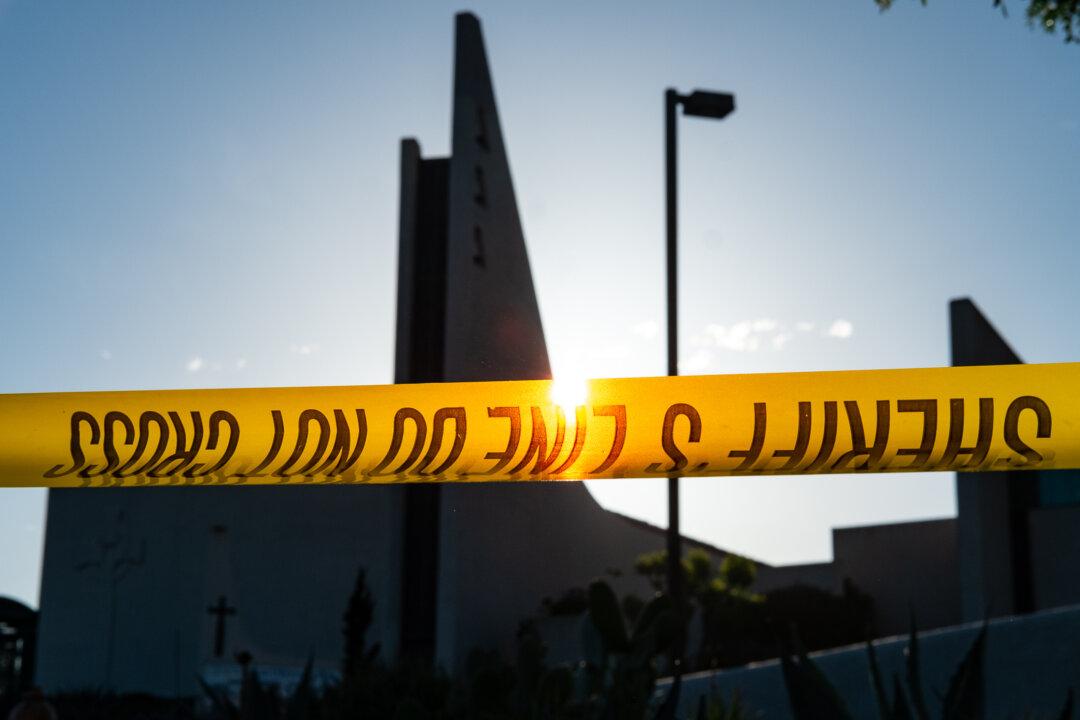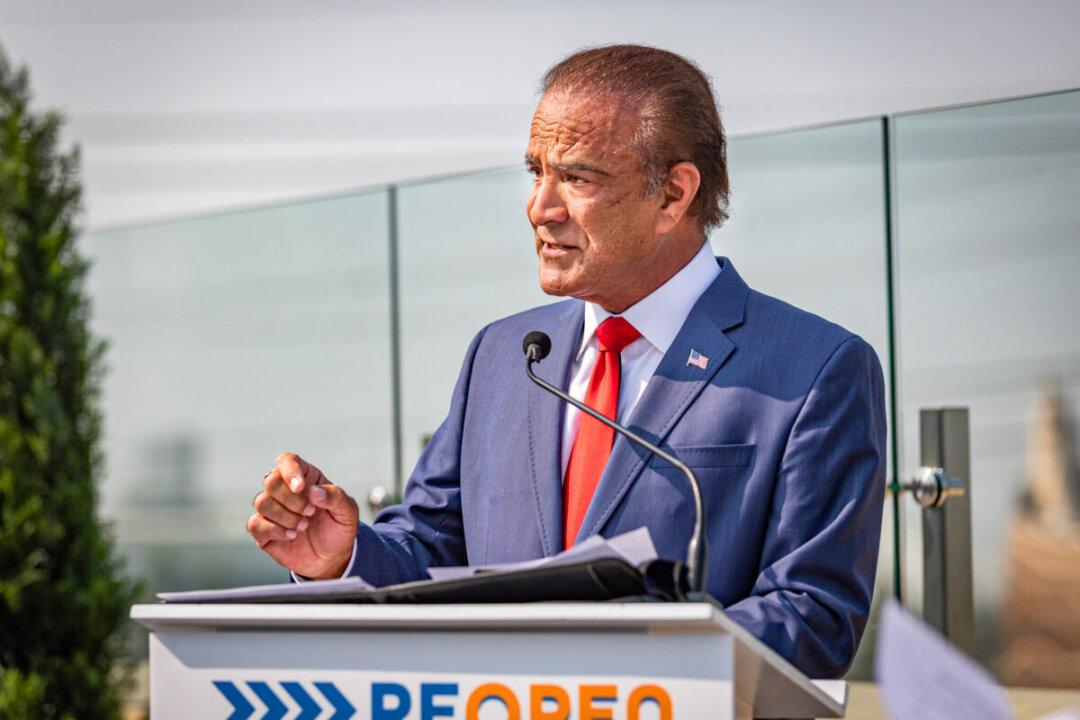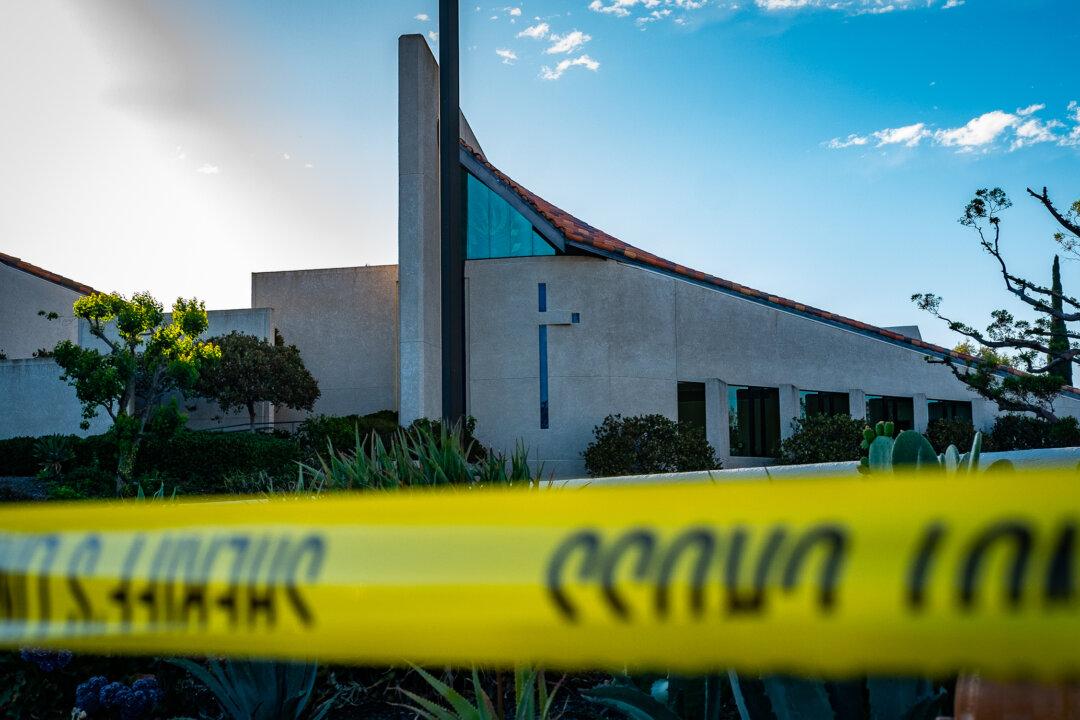California residents will vote Sept. 14 on whether to recall Gov. Gavin Newsom, whose handling of the COVID-19 pandemic sparked fierce criticism from small businesses and the public.
Lt. Gov. Eleni Kounalakis called the election July 1, days after legislation was signed by Newsom to bypass a 30-day financial review of the recall. Eliminating that stage of the process allowed the recall timeline to accelerate; the election otherwise might have been called for October or November.




